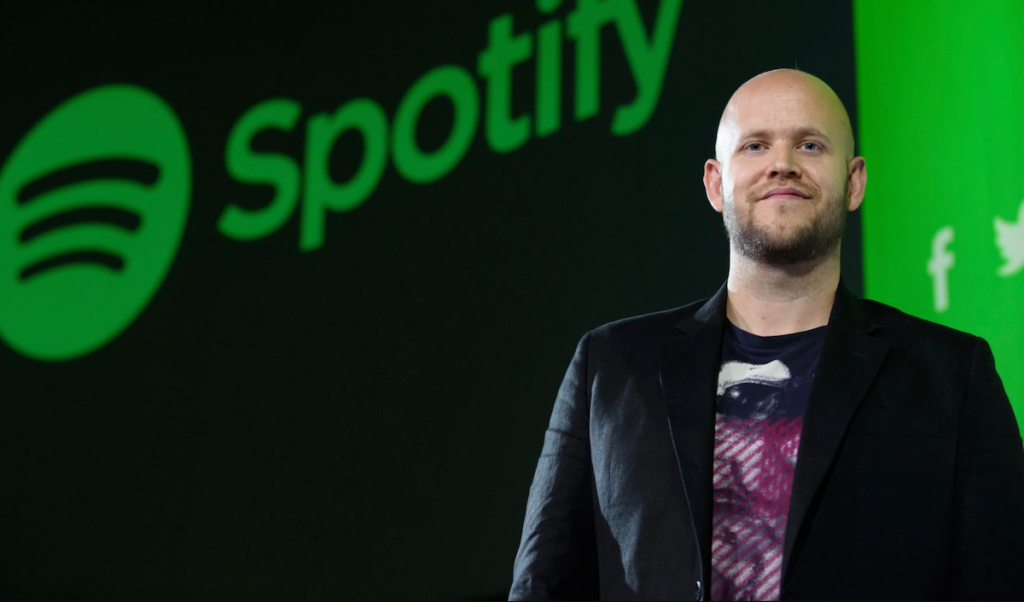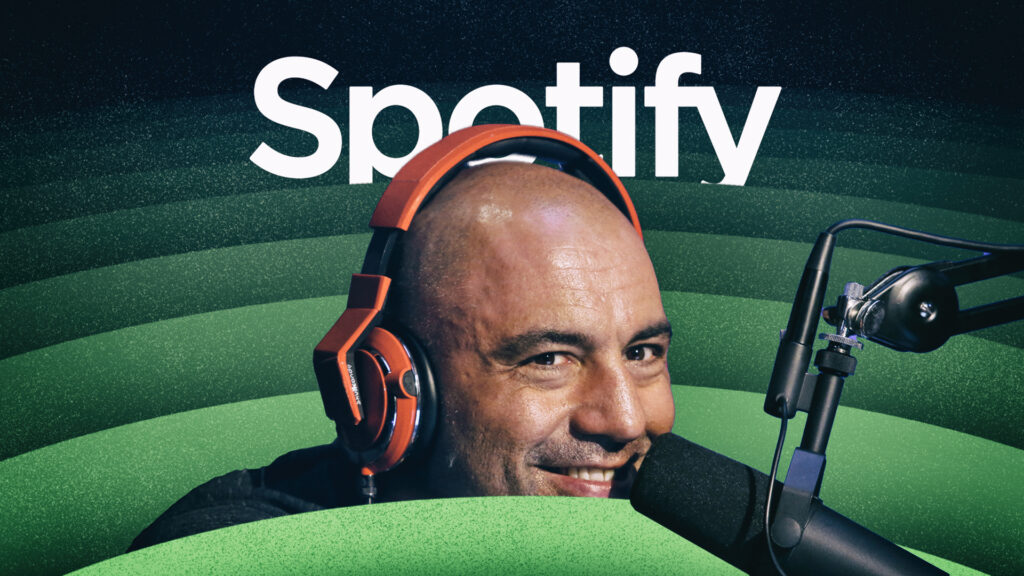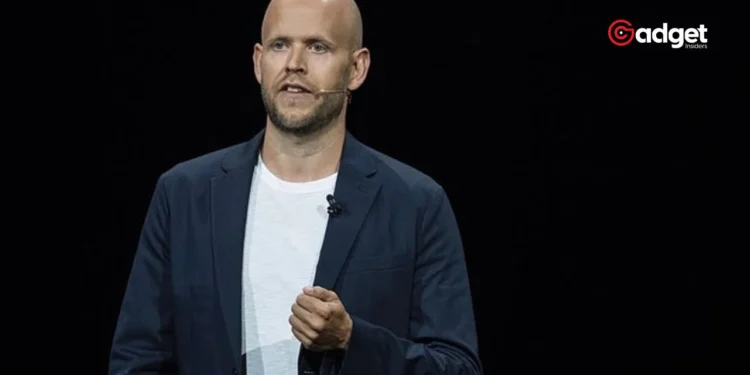Last week, Spotify CEO Daniel Ek faced considerable backlash from the music community following a tweet that suggested the cost of creating content was “close to zero.” This comment sparked a flurry of responses from artists and producers who emphasized the significant investments involved in producing music.
In an attempt to address the controversy, Ek issued a clarification on Sunday, acknowledging that his initial statement might have come across as “clumsy” and “reductive.”

Artists Respond to Ek’s Claims
Musicians quickly took to social media to correct Ek’s perspective, highlighting the substantial costs associated with their craft. New Age artist Cheryl B. Engelhardt, who has a Grammy-nominated album to her name, responded pointedly, “I created my Grammy-nominated album on a cross-country train, completely produced and mixed it myself.
I was able to do that because of the thousands of dollars spent on quality sounds, my education, my gear, etc. Please get a clue and maybe talk to REAL musicians.” Indie artist Shimmer Johnson also criticized Ek, labeling him “out of touch” and commenting on the disparity between his financial success and the efforts of artists.

Ek’s Attempt to Clarify
In his clarification post, Ek tried to soften the blow of his earlier comments by explaining that he was referring to the reduced costs of “creation tools” like microphones and laptops, which have enabled a surge in content production. However, he admitted that his original point might have minimized the time, effort, and resources that go into creating meaningful works of art.

Spotify’s Business Moves Amidst the Controversy
The controversy comes at a time when Spotify announced its second price hike within a year, with U.S. subscribers now facing an increase of $1 more per month for ad-free streaming. This price adjustment is part of Spotify’s broader strategy to enhance value delivery to fans, according to the company.
Additionally, Spotify has reported a record profit in the first quarter, following significant cost-cutting measures that included laying off more than a quarter of its staff and scaling down its podcast ventures.
Reflection on the Cost of Creativity
This incident has ignited a broader discussion on the value and cost of creativity in the digital age. As tools become more accessible and the barrier to entry lowers, the recognition of the human effort, talent, and financial investment behind creative works remains paramount.
The backlash against Ek’s comments serves as a reminder of the ongoing challenges artists face in obtaining fair compensation for their contributions to platforms like Spotify.










